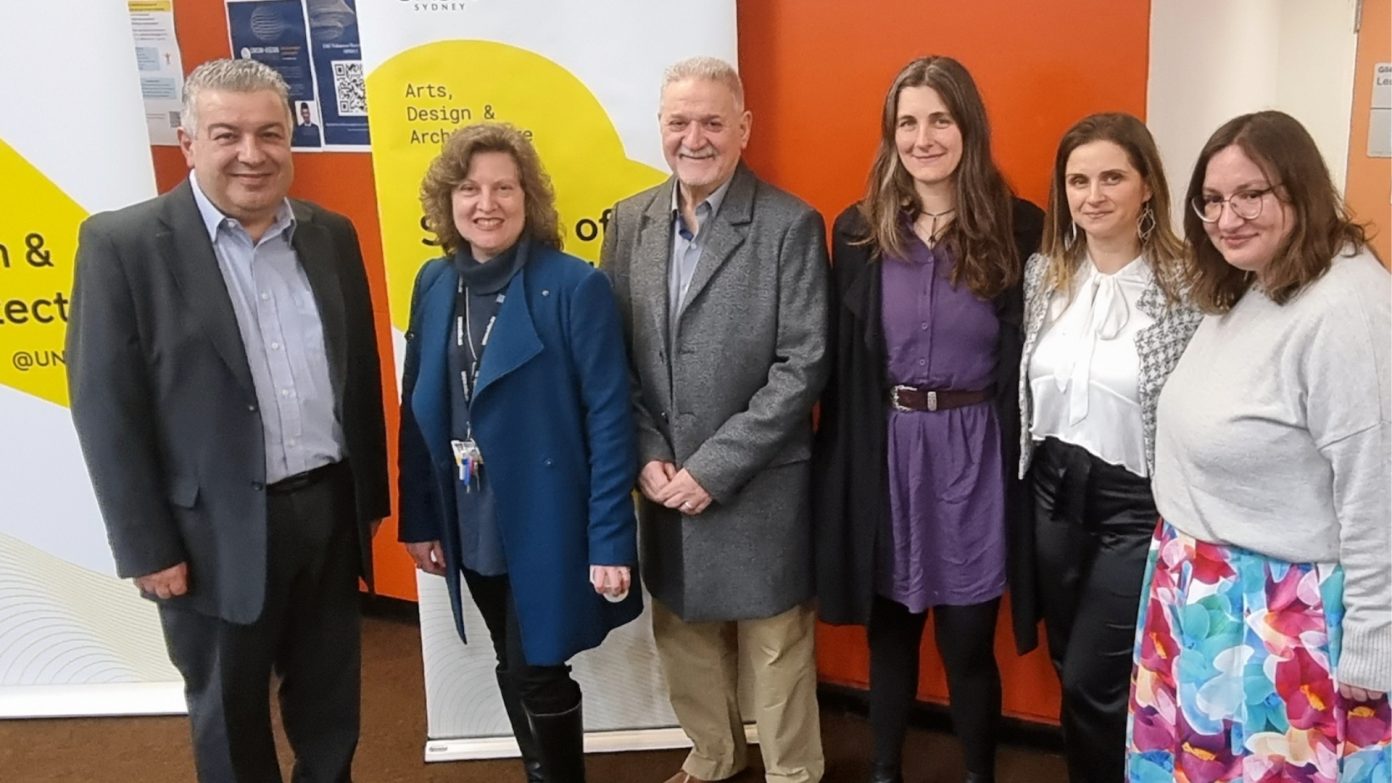The pool of language professionals in New South Wales has grown substantially over the past four years due to the NSW Government’s Multicultural NSW Interpreting Scholarship Program.
Panayiotis Psaras successfully completed the program and is now a certified provisional interpreter in Sydney.
The Greek Herald spoke with Mr Psaras about the program and the importance of having skills such as interpreting and knowing two languages.
The scholarship was the first time Mr Psaras had applied for an interpreter program. Mr Psaras finished high school in Cyprus and was efficient in the Greek language. But after migrating to Australia and taking part in the NSW Government’s interpreter program, Mr Psaras said he has broadened his language skillset.
“The program was a pathway that would give us a qualification to do work for Multicultural NSW. I was very happy to do it as it’s something that really interests me and in general, I like helping other people with or without pay,” Mr Psaras told The Greek Herald.
As a qualified interpreter for Multicultural NSW, Mr Psaras assists and translates for people in the community. According to the latest census data, NSW has the second largest Greek and Cypriot populations in the country after Victoria, while the Greek language is one of the top ten widely spoken in Australia other than English.
NSW Minister for Multiculturalism, Mark Coure, said the program empowers people to use their language skills as a career and help their communities access government information and services. The scholarship also helps to fill language shortages.
“Everyone who completes the program and attains their certification can join our expert panel of language professionals,” Minister Coure said in a press release.
Mr Psaras found the course to be interesting with a good pace. In particular, he valued the emphasis on the importance of confidentially when working with people as an interpreter, throughout the program.
“A very important thing they stress in the course is the ethical part, which is part of the interpreter’s ethic part,” he said.
“Whatever you do and interpret, you’re supposed to keep everything to yourself, so you make people feel more comfortable whether it’s a paid job or as a volunteer.”

